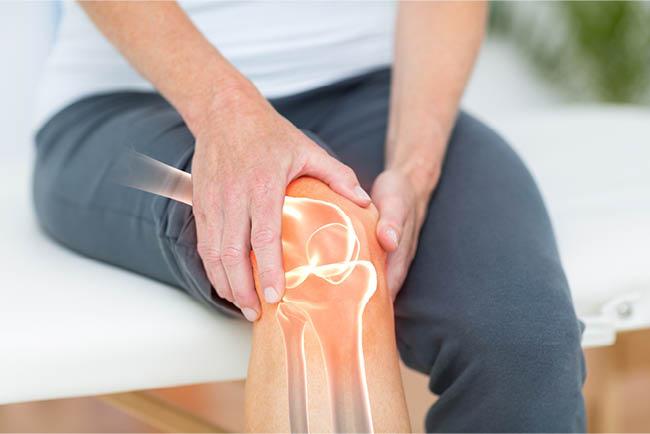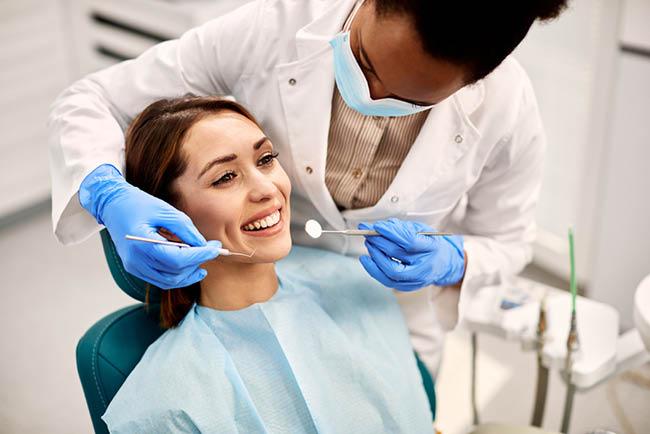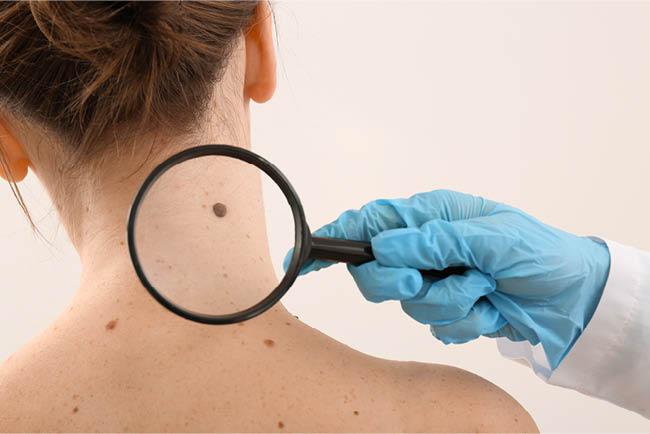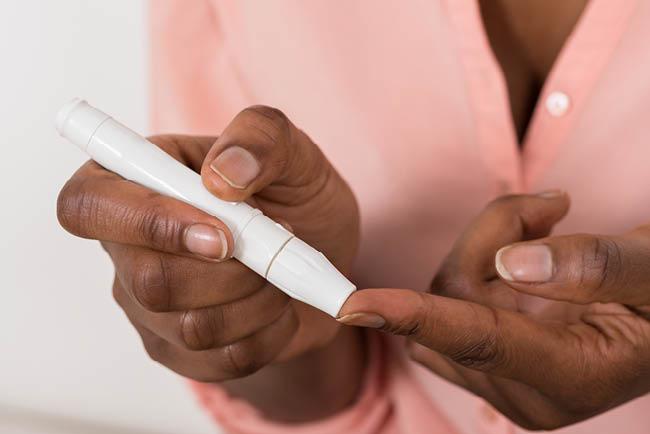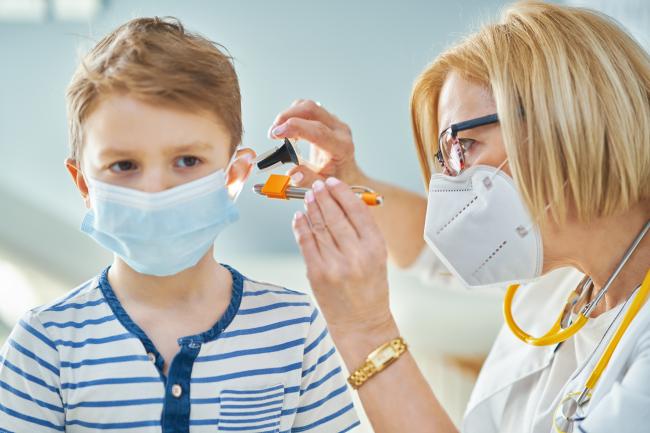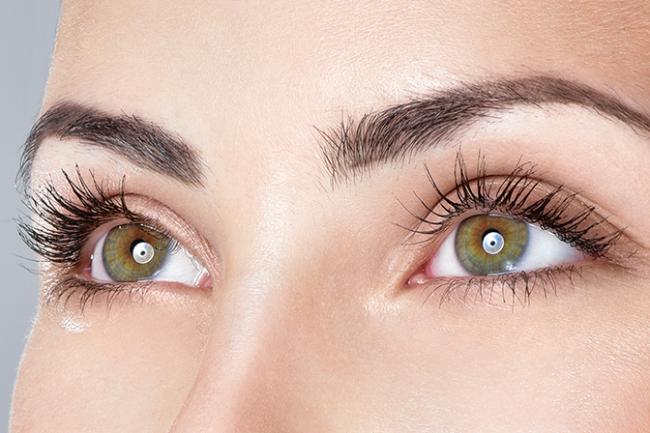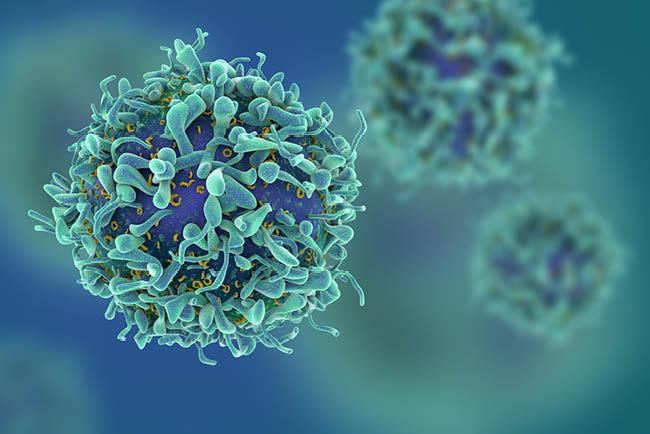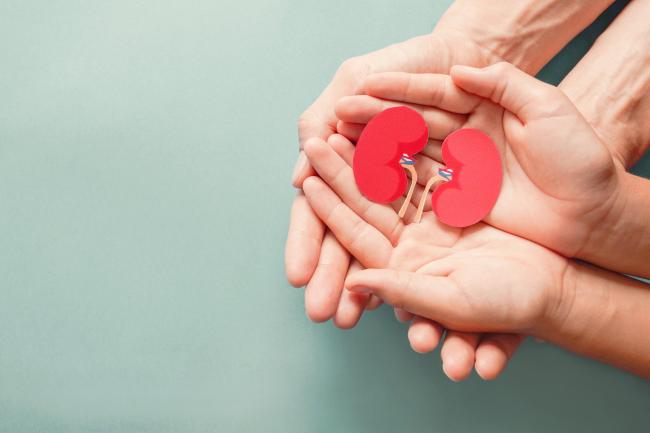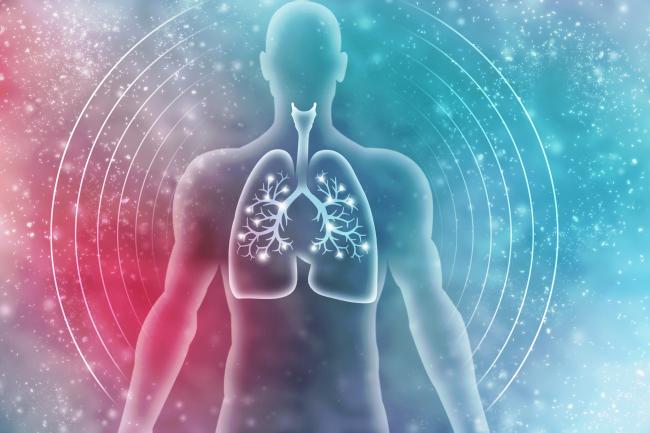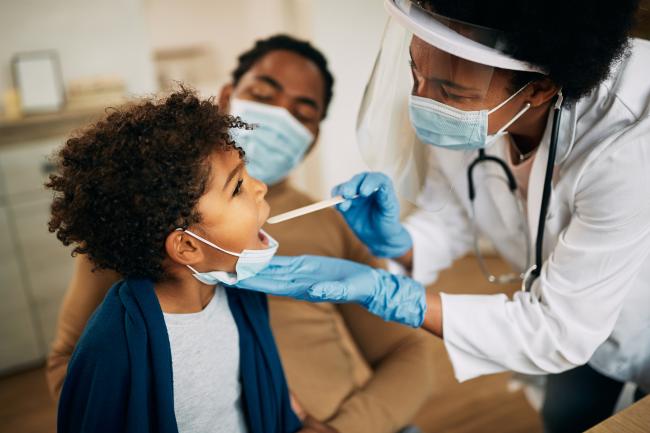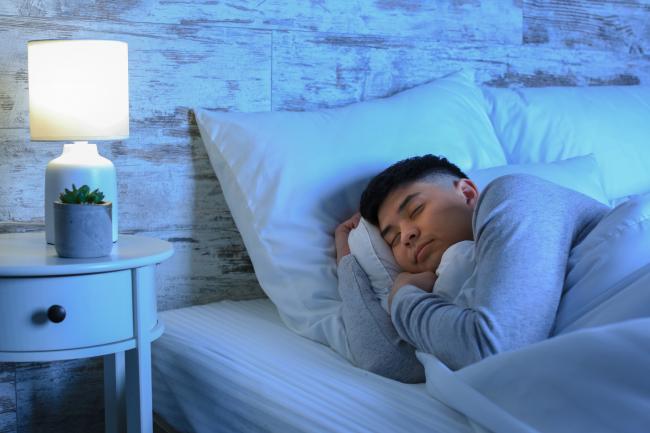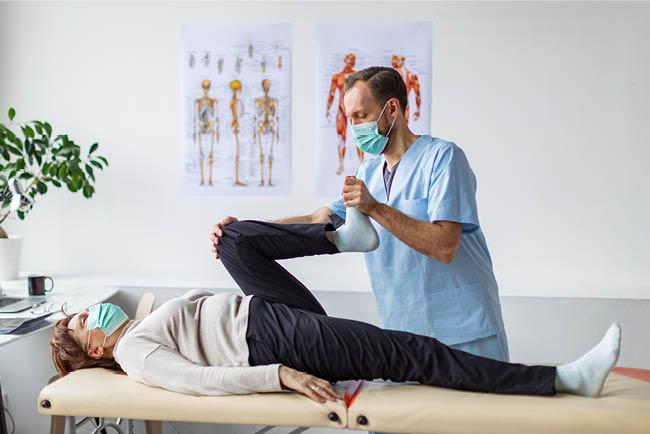Search Studies
Research studies are looking for volunteers just like you. Both healthy volunteers and participants with specific health conditions are needed to help answer important questions impacting the health of our friends and family. Join us to improve the health of others.
-
A Study of Esketamine Nasal Spray, Administered as Monotherapy, in Adult Participants with Treatment-resistant Depression
Official Title A Study of Esketamine Nasal Spray, Administered as Monotherapy, in Adult Participants with Treatment-resistant DepressionPurpose
The purpose of this study is to see if esketamine nasal spray alone is effective as a medication to improve depressive symptoms in adults with treatment-resistant depression when compared with placebo nasal spray.
The duration of the study consists up to a maximum of 24 weeks.
Could this study be right for you?
- Aged 18 years or older
- Must have had no response (less than 25% improvement) to at least 2 oral antidepressant treatments in the current episode of depression
Age Range
18 and up -
A Study of Milestones to Advance Language Learning
Official Title SMALL Talk: Study of Milestones to Advance Language LearningPurpose
The goal of this study is to identify early risk for developmental language disorder (DLD) among young, low-income children, and to determine how caregiver and child chronic stress and interaction quality interact to disrupt language growth among these children. The long-term objective is to identify pathways through which early family situations and the conditions of poverty disrupt early language paths among low-income children and contribute to heightened rates of DLD.
Could this study be right for you?
Inclusion criteria are:
- have a child that is 9 months or younger
- child resides in a low-income household, using some sort of government assistance or using the 200% threshold from the Department of Health and Human Services based on annual household income and number of persons in home
Exclusion criteria:
- Children who are multiple births, preterm (<35 weeks), and have profound or severe disabilities will be excluded, with the latter including congenital blindness, deafness, Down syndrome, and other frank neurological deficits.
-
A study on language impairment following a stroke
Official Title Laying the Groundwork for Personalized Medicine in Aphasia Therapy: Genetic and Cognitive Predictors of Restorative Treatment ResponsePurpose
This NIH-funded project will investigate patient-specific factors that may influence response to therapy for language impairment after stroke, or aphasia. Results from this work will assist with better estimation of prognosis for stroke survivors with aphasia, which could empower patients and families to make more informed health care decisions about how to pursue the most appropriate rehabilitation services based on their unique characteristics, such as genetics, cognitive skills, and brain structure after stroke.
Could this study be right for you?
Participants must meet the following criteria:
- Native English speaker
- Able to have an MRI
Age Range
18 and up -
A Study to Compare Medications in Patients with Advanced Parkinson's Disease
Official Title A Randomized, Double-Blind, Double-Dummy, Active-Controlled Study Comparing the Efficacy, Safety and Tolerability of ABBV-951 to Oral Carbidopa/Levodopa in Advanced Parkinson's Disease PatientsPurpose
The purpose of this study is to find out how well ABBV-951 works to control Parkinson's disease symptoms compared to oral Carbidopa (CD)/Levodopa (LD). The study is also seeking to test whether ABBV-951 is well tolerated in patients with Parkinson's disease.
Could this study be right for you?
- Male or female, age 30 or older
- Has not received deep brain stimulation, Carbidopa (CD)/Levodopa (LD) enteral suspension, or any other Parkinson's Disease (PD) medication as continuous daily infusion
- Subject does not have a history of significant skin conditions or disorders
- Subject does not have a recent (within 6 months before screening) history of drug or alcohol abuse
- Subject does not have a history or presence of psychotic episodes
- Subject does not have other clinically significant unstable medical conditions
- Subject must have a diagnosis of levodopa-responsive idiopathic PD
* other eligibility criteria to be discussed/reviewed with the study team
Age Range
30 and up -
A Study to Evaluate a Medication Used in Treating Hand-Foot Skin Reaction (HFSR) in Cancer Patients (NOVA-II)
Official Title A Study to Investigate OQL011 on VEGFR Inhibitor-Associated Hand-Foot Skin Reaction in Cancer Patients (NOVA-II)Purpose
Hand-Foot Skin Reaction (HFSR) is a common adverse event induced by Vascular Endothelial Growth Receptor Inhibitor (VEGFRi) treatment in cancer patients. The main purpose of this study is to evaluate the safety and efficacy of OQL011 compared to vehicle ointment in treating patients with moderate to severe VEGFRi-associated HFSR. This study will also identify an optimal dosage for Phase III study and explore the pharmacokinetics profile of OQL011 in HFSR patients.
Could this study be right for you?
- Patient must be age 18 years of age or older.
- Patient must have a confirmed cancer diagnosis for which VEGFRi treatment is indicated, and must be currently under VEGFRi-based anti-cancer therapy with stable dosage for ≥ 1 week.
- Patient on pain medications is allowed provided they have been on stable dosage in the past 1 week and is going to continue at the same dosage.
Age Range
18 and up -
A Study to Evaluate Continuous Positive Airway Pressure (CPAP) for Sleep Apnea in Pregnancy
Official Title A Randomized Trial of Continuous Positive Airway Pressure (CPAP) for Sleep Apnea in Pregnancy (SLEEP)Purpose
The purpose of this study is to understand how Continuous Positive Airway Pressure (CPAP)
for mild to moderate sleep apnea may affect hypertensive disorders of pregnancy and other
complications of pregnancy such as gestational diabetes.Could this study be right for you?
- No prior delivery at or after 20 weeks 0 days of gestation
- Pregnancy with only one fetus
- Gestational age at randomization between 14 weeks 0 days and 21 weeks 6 days
- Diagnosis with mild to moderate OSA as defined by an AHI score ≥ 5 and <30
Age Range
18 and up -
A Study to Evaluate the Safety and Effectiveness of a Dietary Supplement Used in Treating COVID-19
Official Title Randomized Proof-of-Concept Trial to Evaluate the Safety and Explore the Effectiveness of a Plant Polyphenol for COVID-19Purpose
The purpose of this trial is to determine whether a commercially available dietary supplement may decrease the severity of patients with early COVID-19
Could this study be right for you?
Inclusion Criteria:
- Outpatients who test positive for infection with SARS-CoV-2
- Age 45 years and older
- Experiencing COVID 19 symptoms for 7 days or less, OR 72 hours of new respiratory symptoms
- Patient must have access to the internet or a smartphone to complete surveys
- English-speaking patients
Age Range
45 and up -
A Study to Examine Atropine for the Reduction of Nearsightedness (The CHAPERONE Study)
Official Title Microdosed Atropine for the Reduction of Pediatric Myopia Progression (The CHAPERONE Study)Purpose
The purpose of this study to test the safety and effectiveness of atropine 0.1% and atropine 0.01% eye solutions. These drugs are being tested to see if they slow the worsening of nearsightedness. Children who participate in this study will be asked to use their assigned study medication every night and willing to attend visits at The Ohio State University of Optometry 1 month after starting treatment. These visits will continue for 6 months until the duration of the study ends. This study will take place over a 4-year time period.
Could this study be right for you?
- Children aged 3 to < 13 years old.
- No previous use of medications related to myopia control.
- Glasses and/or contact lens prescription between -1.00 and -6.00 diopters.
Interested guardians who believe their child may be eligible should contact study coordinators to further determine eligibility.
Age Range
3 and up -
A Study to Help Improve Symptoms of Gastroparesis (BREATHE)
Official Title Breathing Reduces Enteric symptoms and Anxiety promoting Therapeutic Healing Experience (BREATHE) – A Randomized Clinical Trial in Patients with Symptoms of GastroparesisPurpose
The purpose of this research study is to see if practicing mindful breathing daily can reduce stress, improve sleep
and possibly improve symptoms in patients with Gastroparesis.Gastroparesis is a condition characterized by symptoms such as nausea, vomiting, feeling excessively full after eating a little bit, bloating and abdominal pain. One or more of these symptoms can be present in a given patient.
Your participation throughout the study will last 6 weeks.
Could this study be right for you?
- At least 18 years of age
- Able to read and understand English
- Has symptoms of gastroparesis for at least 6 months (gastric emptying study is NOT required for inclusion)
Age Range
18 and up -
A Study Using the RejuvenAir® System for the Treatment of Moderate to Severe Chronic Obstructive Pulmonary Disease with Chronic Bronchitis (SPRAY-CB)
Official Title A Sham Controlled Prospective Randomized Clinical Trial of the RejuvenAir® System for the Treatment of Moderate to Severe Chronic Obstructive Pulmonary Disease with Chronic Bronchitis (SPRAY-CB)Purpose
The purpose of this study is to determine the safety and effectiveness of a device called the RejuvenAir® System, developed for patients with chronic bronchitis. The primary objective of this trial is to demonstrate the safety and effectiveness of the RejuvenAir® System for the treatment of adult subjects with a diagnosis of CB defined as COPD with classic 3 months of cough and sputum production for a minimum of 2 years who demonstrate ongoing symptoms of cough and significant mucus production. You will be in the study for approximately 36 months, including the screening period.
Could this study be right for you?
Inclusion Criteria:
- Males and females 40-80 years of age
- Must demonstrate daily cough and significant mucus production
- Have had a diagnosis of chronic bronchitis (CB) and chronic obstructive pulmonary disease (COPD) for a minimum of two years. (CB is defined clinically as chronic productive cough for 3 months in each of 2 successive years in a patient in whom other causes of productive cough have been excluded)
- Smoking history of at least 10 pack years
- Non-smoking for a minimum of 2 months prior to consent and agrees to continue not smoking for the duration of the study
Exclusion Criteria:
- Have had an acute pulmonary infection, exacerbation or pneumonia requiring medical treatment (with antibiotics and/or steroids) within 4 weeks prior of initially planned study bronchoscopy
- Diagnosis of Asthma
- You have had any type of transplant procedure
- Use e-cigarettes, vaping or inhaled substances not prescribed by a physician RejuvenAir® System
- You are pregnant, nursing, or planning to get pregnant during study
* This is not a complete list of either inclusion or exclusion criteria
Age Range
40 and up -
A treatment study for chondral lesion in your knee
Official Title Evaluation of the efficacy of radiofrequency-based debridement vs. mechanical debridement for the treatment of articular cartilage lesions.Purpose
The purpose of this study is to evaluate 2 different treatments, Mechanical Debridement (i.e., a mechanical shaver that removes areas of damaged tissue) and Radiofrequency Debridement (i.e., electrical energy that removes areas of damaged tissue), used to treat the chondral lesion in your knee.
Could this study be right for you?
You may be eligible for this study if you:
- Are 18 - 50 years of age
- Suspected chondral damage in the following locations where debridement is indicated:
- Medial femoral condyle
- Lateral femoral condyle
- Trochlea
- Patella
- 1 or more chondral lesion(s) as noted on MRI
Exclusion:
- Previous chondral treatment in the same compartment (prior debridement and lavage performed more than three months prior to baseline are acceptable)
- Pregnant and/or intending to become pregnant during this study period
Age Range
18 and up -
A Treatment Study For COPD
Official Title A Multicenter, Randomized, Sham-controlled Study to Evaluate Safety and Efficacy After Treatment with the Nuvaira™ Lung Denervation System in Subjects with Chronic Obstructive Pulmonary Disease (COPD)Purpose
The purpose of this research study is to evaluate the safety and efficacy of the Nuvaira System, which is made by Nuvaira, Inc., for Targeted Lung Denervation (TLD) Therapy.
The primary purpose of conducting this study is to see if TLD Therapy in addition to optimal medical care (daily breathing medications you have been prescribed by your doctor) is better at reducing a moderate or severe worsening of symptoms (known as an COPD flare-ups or exacerbations) and related hospitalizations than optimal medical care (daily breathing medications you have been prescribed by your doctor) alone.
Could this study be right for you?
Inclusion Criteria:
- Between 40 and 75 years of age
- Non-smoking for a minimum of 2 months prior to consent and agrees to not smoke for the duration of the study
- Diagnosis of COPD with 30% ≤ FEV1 <60% of predicted and FEV1/FVC <70% (post-bronchodilator)
- SpO2 of at least 89% on room air at the time of screening
- Has a documented history of having minimally been taking a regular respiratory maintenance medication for at least 12 months at the time of consent; medications will be reviewed by study team
- If you have participated in a formal pulmonary rehabilitation program recently, program completion should have occurred more than 3 months prior to consent; if in a maintenance program, you will agree to continue your current program through your 12-month follow-up visit;
- Additional criteria will be reviewed by the study team
Involvement in this study will last approximately 62 months.
Age Range
40 and up


